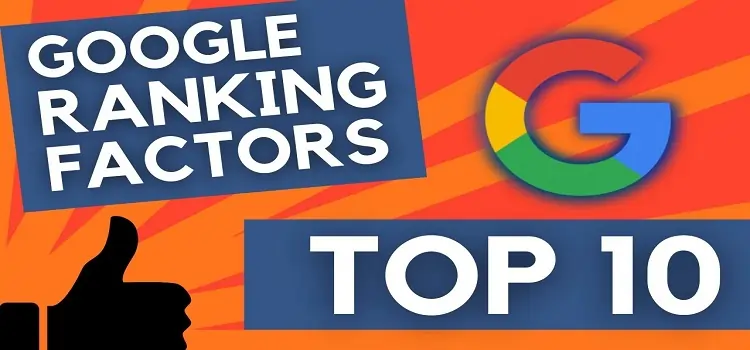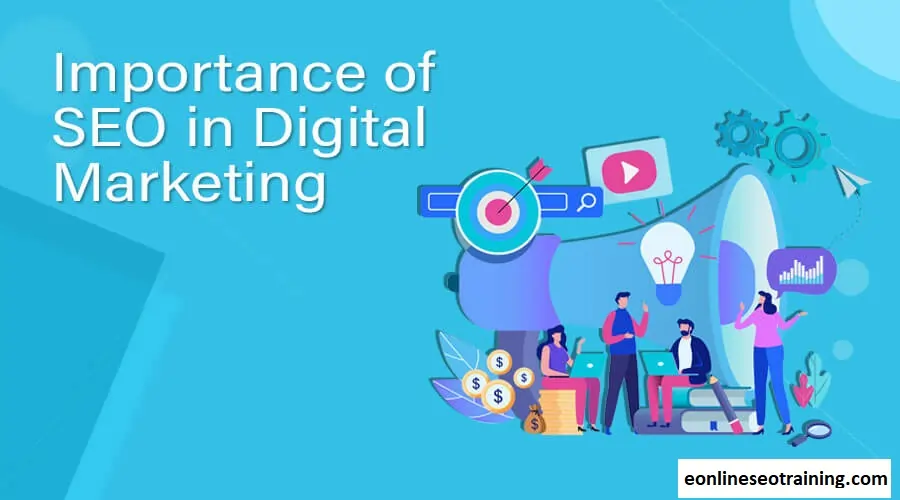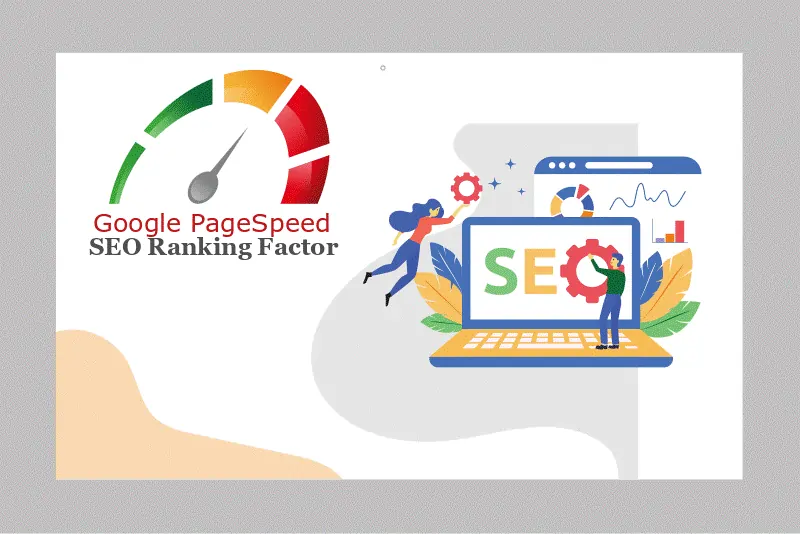How many types of SEO are There ?

How Many Types of SEO Are There?
Welcome to our comprehensive guide on SEO (Search Engine Optimization) In this article, we will delve into the world of SEO and explore the various types of SEO strategies that can help you improve your website’s visibility and organic search rankings. We will cover everything from the fundamentals to the advanced techniques, ensuring you have a solid understanding of the different approaches to SEO. So, let’s get started and answer the question: How many types of SEO are there?
What is SEO?
SEO stands for Search Engine Optimization. It is a set of practices and techniques aimed at improving a website’s visibility in search engine results pages (SERPs). By optimizing your website, you can increase organic (non-paid) traffic, attract more visitors, and ultimately achieve higher rankings on search engines like Google, Bing, and Yahoo.
Why is SEO important?
SEO is crucial for online businesses and website owners as it helps them reach their target audience effectively. By implementing SEO strategies, you can enhance your website’s chances of appearing on the first page of search engine results. This increased visibility leads to more organic traffic, brand exposure, credibility, and potential conversions. Now, let’s explore the different types of SEO in detail.
Understanding On-Page SEO
On-Page SEO refers to the optimization techniques applied directly on a website’s pages. It involves optimizing various elements to improve search engine visibility and user experience. Key aspects of On-Page SEO include:
Keyword Research and Analysis
Keyword research is a fundamental step in any SEO strategy. It involves identifying the search terms and phrases that your target audience uses to find information related to your business or industry. By conducting thorough keyword research, you can optimize your website’s content around these keywords, ensuring your pages align with the user’s search intent.
Content Optimization
Content optimization revolves around creating high-quality, relevant, and valuable content that satisfies the user’s search query. It includes incorporating targeted keywords naturally within the content, structuring it effectively with proper headings and paragraphs, and ensuring readability and engagement. Content optimization also involves optimizing meta tags, URLs, and internal linking.
HTML Tags and Metadata
HTML tags and metadata play a crucial role in providing search engines with context about your website’s content. The title tag (H1) should be concise, descriptive, and contain the primary keyword. Meta descriptions (SEO meta-description) provide a brief summary of the page’s content and should be enticing to encourage users to click through to your website from the search results.
User Experience and Site Structure
A user-friendly website with a clear and intuitive navigation structure is essential for both visitors and search engines. By improving the user experience, you increase the chances of visitors staying longer on your site, exploring multiple pages, and converting. Site structure optimization includes improving page load speed, mobile responsiveness, and implementing structured data markup.
The Power of Off-Page SEO
Off-Page SEO refers to optimization techniques performed outside of your website to improve its visibility and authority. It involves building relationships, earning backlinks, and establishing your website’s credibility and reputation. Key aspects of Off-Page SEO include:
Link Building
Link building is the process of acquiring high-quality backlinks from other websites to your own. These backlinks act as “votes of confidence” from other sites, indicating to search engines that your content is valuable and trustworthy. Quality over quantity is crucial when it comes to link building, as search engines prioritize authoritative and relevant links.
Social Media Marketing
Social media platforms provide an excellent opportunity to promote your website, attract engagement, and build brand awareness. By creating compelling content and fostering an active social media presence, you can encourage users to share your content, generate buzz, and drive traffic back to your website. Social signals also indirectly impact your search engine rankings.
Online Reputation Management
Your online reputation influences how search engines and users perceive your website. Building a positive online reputation involves managing customer reviews, responding to feedback, and actively monitoring mentions of your brand. By maintaining a strong online reputation, you enhance your website’s credibility, trustworthiness, and search engine rankings.
Exploring Technical SEO
Technical SEO focuses on optimizing the technical aspects of your website to improve its crawlability, indexability, and overall performance. It ensures search engines can easily access and understand your website’s content. Key aspects of Technical SEO include:
Website Speed and Performance
Website speed is a critical factor in both user experience and search engine rankings. Slow-loading websites often lead to high bounce rates and poor user engagement. Optimizing your website’s performance involves minimizing file sizes, leveraging caching techniques, and optimizing server response times. A fast and responsive website can lead to improved search engine rankings.
Mobile-Friendliness
In today’s mobile-centric world, having a mobile-friendly website is vital. Mobile SEO focuses on optimizing your website’s design and functionality to ensure it looks and performs well on various mobile devices. Mobile-friendly websites improve user experience, reduce bounce rates, and are favored by search engines when delivering search results to mobile users.
FAQ
Q1: How many types of SEO are there?
There are three main types of SEO: on-page SEO, off-page SEO, and technical SEO.
Q2: What is on-page SEO?
On-page SEO refers to the optimization techniques that are implemented on the website itself to improve its visibility and rankings in search engine results. It includes elements such as keyword optimization, meta tags, content optimization, internal linking, and URL structure.
Q3: What is off-page SEO?
Off-page SEO involves optimizing factors outside of the website to improve its search engine rankings. It primarily focuses on building high-quality backlinks from other websites, as well as social media marketing, online reputation management, and influencer outreach.
Q4: What is technical SEO?
Technical SEO focuses on the technical aspects of a website that affect its visibility and crawling by search engines. It includes optimizing website speed and performance, ensuring mobile-friendliness, improving site architecture, implementing structured data markup, and managing XML sitemaps and robots.txt files.
Q5: Are there any other types of SEO?
While on-page, off-page, and technical SEO are the primary types, there are also some specialized forms of SEO. These include local SEO, which targets location-based search results, and e-commerce SEO, which focuses on optimizing online stores. Additionally, there are industry-specific SEO strategies tailored to specific sectors such as healthcare, finance, or e-learning.









